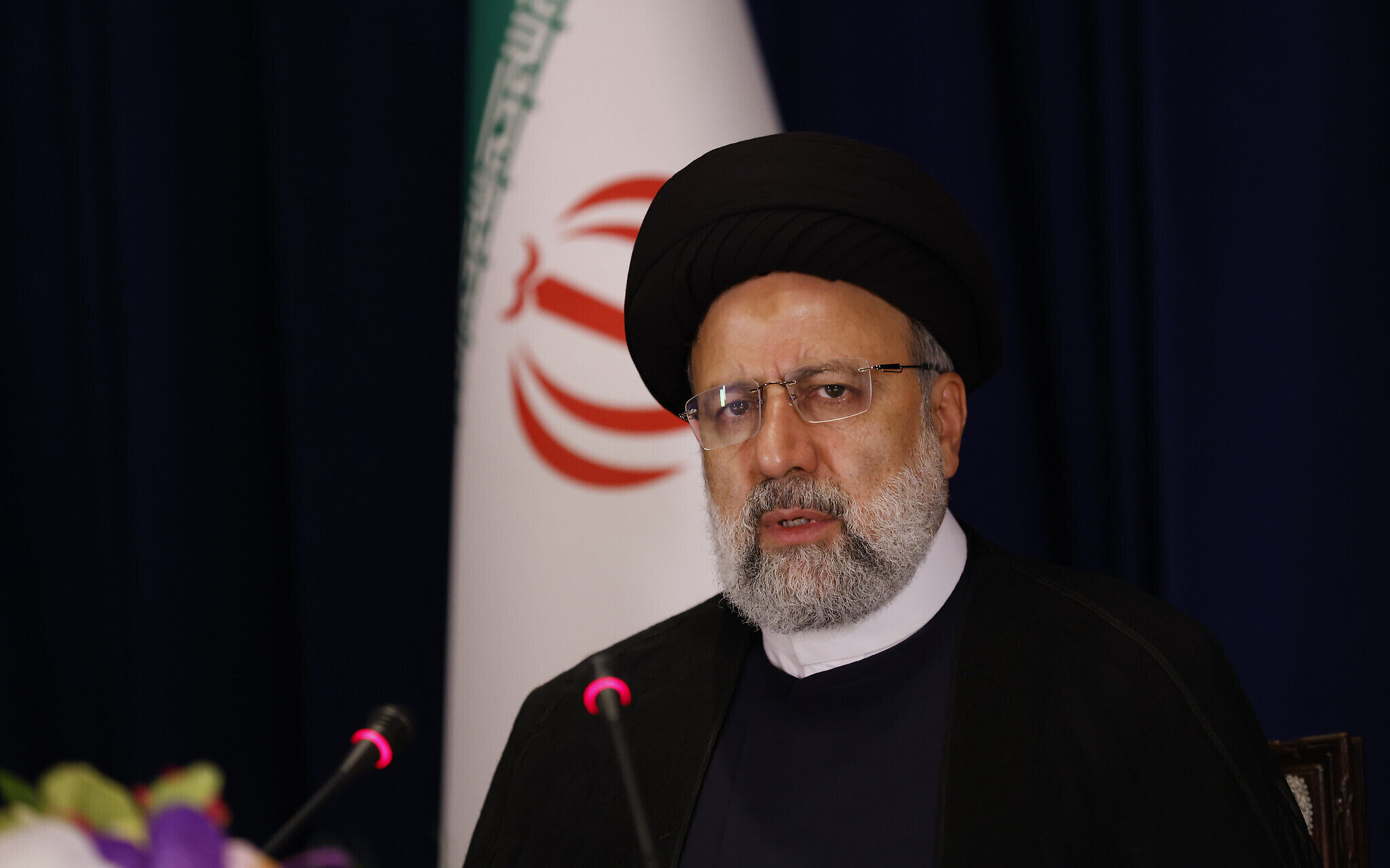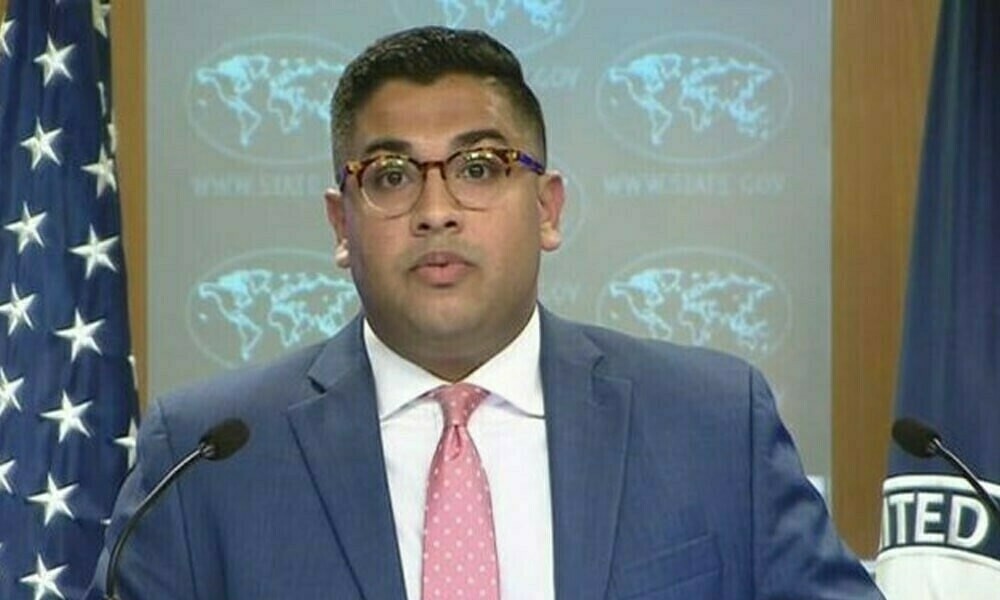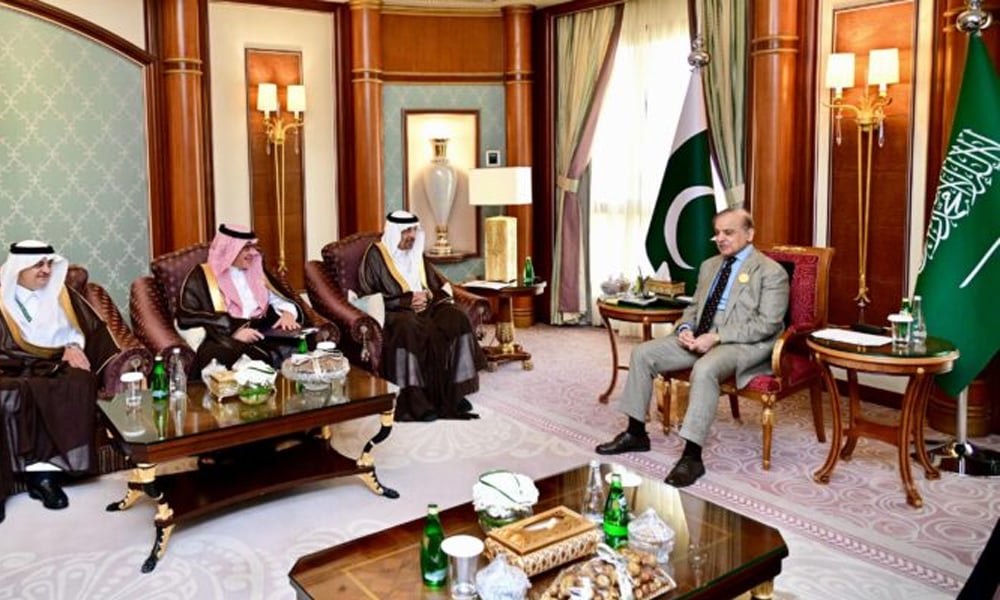PTBP Web Desk
Pakistan has reiterated its unwavering support for the Palestinian people and their right to self-determination, calling for an immediate end to the Israeli occupation of Palestinian territories. Islamabad emphasized the need to open a clear path toward the establishment of a sovereign Palestinian state, stressing that lasting peace in the region depends on Palestinian ownership and legitimate governance.
The reaffirmation came after the UN Security Council (UNSC) adopted a resolution endorsing US President Donald Trump’s peace plan for Gaza and establishing an International Stabilisation Force (ISF) along with a governing Board of Peace (BoP) following two years of conflict in Gaza. Pakistan stressed that governance in Gaza must remain under Palestinian authority through a structured committee, ensuring local participation in reconstruction and political processes.
The resolution was passed with a vote of 13-0, with China and Russia abstaining due to concerns over the resolution’s clarity and the role of the UN.
Speaking at the UNSC, Pakistan’s Permanent Representative to the UN, Ambassador Asim Iftikhar Ahmad, thanked the United States for tabling the resolution and welcomed its objective to end bloodshed in Gaza. He stated that Pakistan voted in favor to immediately protect Palestinian civilians, including women and children, maintain the ceasefire, and ensure the delivery of large-scale humanitarian relief.
Ambassador Asim emphasized that the ISF mandate could be effective if guided by a clear peacekeeping framework consistent with UN norms, including disarmament conducted under a unified Palestinian National Authority.
“Protection of the people of Gaza will be a key priority in the ISF mandate,” he added, noting that Israeli withdrawal is essential for restoring Palestinian sovereignty.
The Pakistani envoy outlined several non-negotiable principles for any lasting peace:
- Full Israeli Withdrawal: Israeli troops must leave Gaza to restore Palestinian authority and ensure a durable peace.
- No Annexation or Forced Displacement: Territorial integrity of the West Bank and Gaza is critical for a viable, sovereign Palestinian state.
- Central Role of the Palestinian Authority: Credible governance and reconstruction require active Palestinian leadership.
- Clear Political Path: Any peace plan must offer a time-bound roadmap for Palestinian statehood and self-determination.
Ambassador Asim highlighted gaps in the current Gaza peace plan, particularly regarding the BoP’s role, the ISF mandate, and enhanced UN involvement. He expressed hope that these issues would be clarified in the coming weeks.
After two years of war in Gaza, over 69,000 Palestinians, predominantly women and children, were killed, creating an unprecedented humanitarian crisis. The Sharm-El-Sheikh Peace Summit, attended by Egypt, Qatar, Türkiye, and the United States, aimed to halt further conflict and advance reconstruction. Pakistan, as part of a group of Arab-Islamic nations, welcomed President Trump’s initiative, which seeks to rebuild Gaza, prevent displacement, and halt West Bank annexation.
“Pakistan’s consistent policy supports a just and lasting resolution based on international legitimacy, Palestinian self-determination, and the establishment of a sovereign Palestinian state with Al-Quds Al-Sharif as its capital,” Ambassador Asim stressed.
Pakistan reiterated its advocacy for a two-state solution, emphasizing that peace cannot be achieved without ending the occupation and establishing a political horizon for Palestinians. Ambassador Asim said:
“Durable peace and stability in the region will come only with the establishment of the Palestinian State as part of the two-State solution.”
He also underscored that Israeli troop withdrawal from Gaza is a prerequisite for the ISF to fulfill its stabilization mandate and protect civilians effectively.
The UNSC resolution welcomed President Trump’s 20-point peace plan, which led to a ceasefire between Hamas and Israel. Muslim-majority countries are expected to contribute personnel to the ISF in consultation with Egypt and Israel, focusing on:
- Stabilizing Gaza’s security environment
- Supporting demilitarization and dismantling terrorist infrastructure
- Protecting Palestinian civilians
US Ambassador Mike Waltz described the resolution as a significant step toward stability in Gaza, allowing for prosperity and regional security.
While the resolution passed easily, China and Russia abstained, highlighting deficiencies, including limited UN involvement and unclear ISF authority. China’s Ambassador Fu Cong emphasized the need to secure a lasting ceasefire and reconstruct Gaza, while Russia warned against the resolution granting peace-enforcement powers to the ISF, which could compromise neutrality.
Algeria, representing Arab nations, stressed that justice for the Palestinian people remains crucial for genuine peace, echoing Pakistan’s position on Palestinian self-determination and governance.




